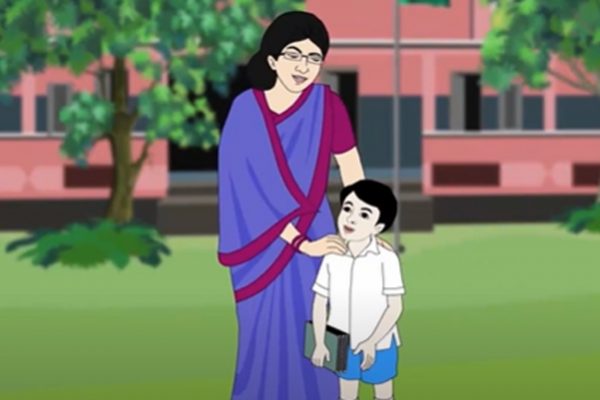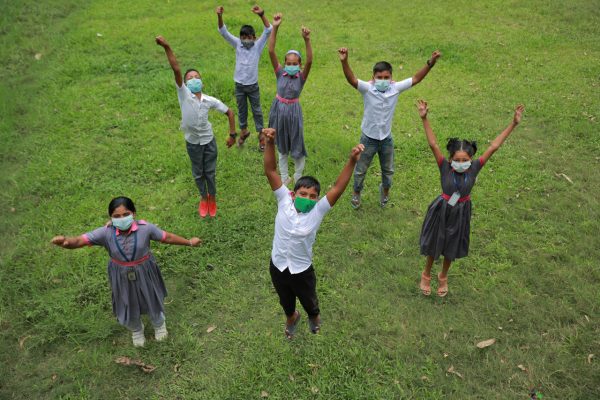The importance of empathy: Five questions on education with Sir Fazle Hasan Abed
Reading Time: 3 minutes
Tomorrow morning at 6 a.m. EST (10 a.m. GMT), BRAC will participate in a Tweetchathosted by the UNESCO Education for All Global Monitoring Report to support the launch of its 2012 edition.
Tomorrow morning at 6 a.m. EST (10 a.m. GMT), BRAC will participate in a Tweetchathosted by the UNESCO Education for All Global Monitoring Report to support the launch of its 2012 edition.
“I would say my mother was my greatest teacher. She taught me the importance of even the poorest among us. More than anything, she taught me the value of empathy.”
“Mothers are always the best teachers. Any teacher has to teach with affection, to be affectionate like a mother. A child should feel like she’s been loved, and then the child learns because it’s coming from a loving person.”
“My whole life, I did not have a disciplinarian. Neither my mother nor my father. Even my father, at 9pm, would say, ‘Go to bed, you don’t have to study anymore. You’ll do fine on the exam.’ I was actually taught not to work too hard!”
“Being tough is not necessarily always good. Softer skills get the better out of children. Softer skills for me are always the more interesting approach, though I suppose there is always a role for a disciplinarian. Not too tough – but a disciplined teacher, because children do need to learn discipline.”
“Children should have their childhood – not just discipline, discipline, discipline, and study, study, study. My parents were all for me getting an enjoyable childhood.”
In these comments, you can start to see the origins of BRAC’s approach to education.BRAC started its primary education programmes in 1985, and from the beginning it adopted a different approach toward educating young minds. Rote learning was discouraged. Teachers were trained to teach in a more engaging and encouraging way, because school should be a place where children learn to think in their own.
Using this approach, we’ve already seen 10 million children pass though BRAC’s nonformal primary and pre-primary schools, the vast majority of them transitioning into government schools – where they perform better, on average, than their peers.
- “Universal primary education is not enough,” by Sir Fazle Hasan Abed
- “More children are in school – but are they learning?” by Susan Davis, President and CEO, BRAC USA
- BRAC founder Sir Fazle Hasan Abed on the cover of IB World Magazine: “The world’s greatest teacher.”





